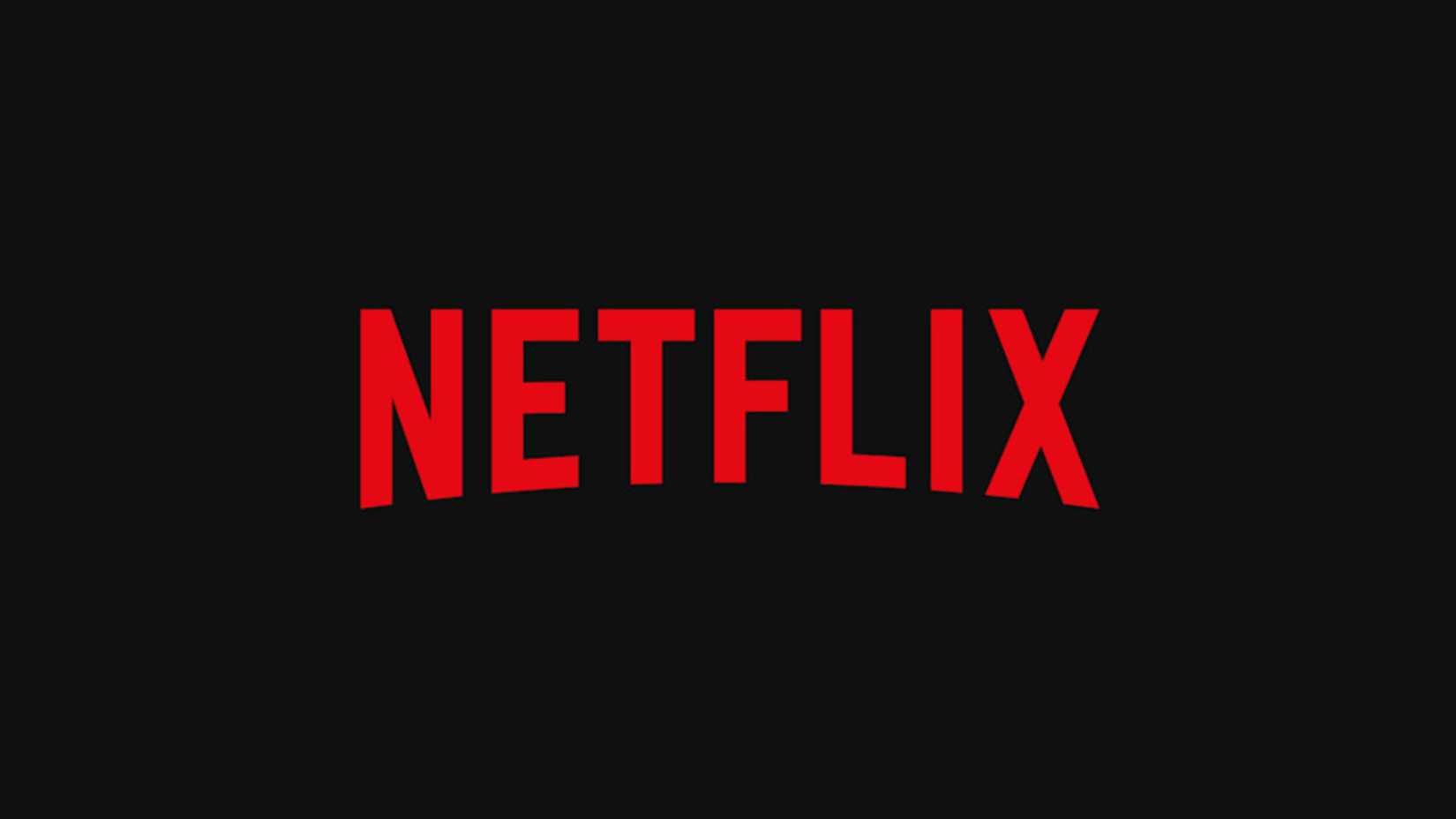Netflix is known for a particular streaming practice that needs to be left behind after 2025. Of course, it can’t be denied that there is a lot that Netflix does right. The platform has been at the top of the streaming wars from the very beginning, and this is due to some of its best practices. Most notable is the wide range of TV show projects, with a little something for everyone.
Over the years, Netflix has produced several hit TV shows. This started out with 2013’s House of Cards—Netflix’s very first original series—and has continued on with projects like Stranger Things, Wednesday, Bridgerton, Squid Game, and more. Of course, there have been a few flops in the mix as well, and some of Netflix’s biggest issues seem to be exacerbated by an especially annoying practice.
Netflix Should Stop Splitting Seasons Into Multiple Parts – It’s Not Working
Netflix first started splitting seasons into two parts around the time of the COVID-19 pandemic, and it was out of necessity. Production on several big projects was halted, and even once people returned to work, the SAG-AFTRA and WGA strikes slowed things down again. To ensure programming continued, Netflix adjusted its typical release plan.
Though understandable, the two- or three-part release strategy has continued well into 2025. Basically, every big project is released in multiple parts. It’s not entirely clear why this is. It’s generally assumed that the platform is attempting to avoid subscription cancellations among those who sign up just for a particular show. Regardless, it’s a bit of a problem, and not just for us viewers.
Shows like Stranger Things can get away with multi-part releases. The show is so massively popular that the upcoming season 5 will surely maintain consistent viewership across its three parts. However, other somewhat less-established shows really suffer under the same release plan. If the very first part doesn’t land, the rest are essentially dead on arrival.
Splitting Seasons Into Multiple Parts Has Hurt A Lot Of Great Netflix Shows
Netflix seems to save its two-part strategy for its biggest shows, where there’s minimal risk that viewership will tank. However, views aren’t the only way to measure a series’ success. Cultural impact is, perhaps, even more critical. For example, Bridgerton may not have the viewership of Stranger Things, but its cultural impact is undeniable. It’s for this reason that spinoffs became viable.
Splitting a season into two parts significantly diminishes its cultural impact. After Wednesday season 1, it seemed that the Addams Family spinoff was all anyone could talk about. Anticipation for season 2 was high, and when the first part was released, there was an uptick in online discourse. However, when the second part hit Netflix, the hype had already died down.
The same can be said for other hit series like Cobra Kai. The final season was advertised as a “three-part event,” but by the time of the final part’s release, discussion was minimal. Squid Game was similar. Technically, this series didn’t have a split season. However, the fact that seasons 2 and 3 were released only 6 months apart and continued the same story arc makes it essentially the same thing. Both viewership and the cultural impact of that final installment weren’t what they could have been.
Will Netflix Ever Move Away From Splitting Seasons?
The situations that made multi-part releases at Netflix necessary are still within our very recent history. The consequences of COVID-19 continue to impact the movie and TV industry, and the SAG-AFTRA and WGA strikes were only last year. So, there’s a chance this practice will truly die with 2025. However, there’s no real guarantee.
Netflix Chief Content Officer Bela Bajaria said at the beginning of this year that she doesn’t know if this kind of release plan has had “mixed results” as people claim. She also explained that the decision to split a season is a creator-driven one and therefore isn’t part of a broader Netflix strategy. This suggests there is no immediate plan for change. As more data rolls in, we can hope for better in 2026.
Source link




















Add Comment